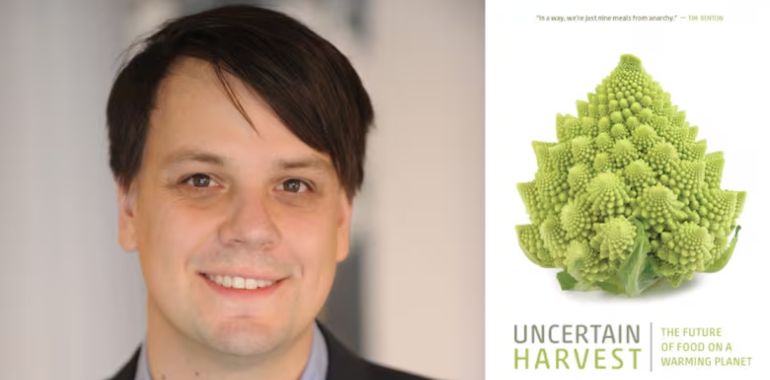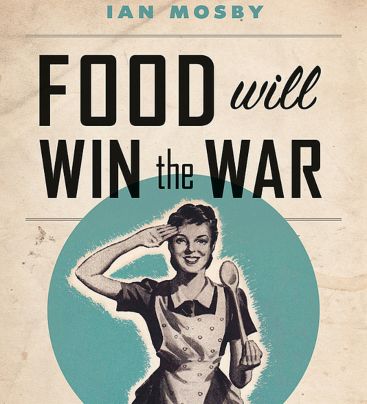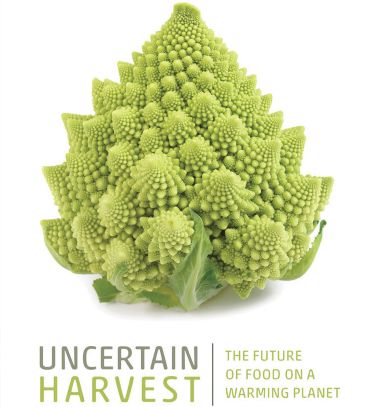Ian Mosby: Historian Changing How We See Food and Health
Ian Mosby shapes how we think about food and health through groundbreaking historical research. As an Assistant Professor at Toronto Metropolitan University, he explores connections between food policies, Indigenous health, and social justice. His office in JOR 508 serves as a base for research that’s changing national conversations about food and colonial history. By presenting history like a recipe for reading – clear, structured, and engaging – Mosby makes complex topics relatable to a broad audience.
Lessons from Food Policies to Regulate Online Gambling Better
Ian Mosby’s research into food policies offers valuable lessons for managing complex societal challenges, like the regulation of online gambling. Just as wartime food policies sought to balance resource availability with public well-being, effective online gambling regulations need to protect vulnerable groups while allowing for responsible enjoyment. Policies like responsible gambling tools and awareness campaigns mirror past efforts to educate the public about healthier food choices.
For instance, when exploring the landscape of online casinos, it’s important to consider both the opportunities and risks they present. Imagine navigating this world with a trusted companion – a comprehensive digital map that not only highlights Ontario online casinos but also emphasizes safety and fairness. This greatly curated resource dives deep into what makes platform reliable, offering insights into everything from licensing to player protections. It covers the best online platforms in Ontario, a guide to playing at top online casinos, the best apps, and the province’s online gambling regulations. It’s more than just a list; it’s your guide to making informed decisions in an ever-evolving industry.
Key Aspects of Ontario Online Gambling Regulations
| Regulation Aspect | Description |
|---|---|
| Licensing | All online casinos must be licensed by iGaming Ontario to operate legally. |
| Player Protections | Includes self-exclusion programs, deposit limits, and responsible gaming tools. |
| Fair Play & Security | Games must be tested for fairness, and platforms must use encryption for security. |
| Advertising Rules | Casinos must follow strict advertising guidelines to prevent misleading promotions. |
| Taxation & Revenue Use | Gambling revenue supports public services like healthcare and education. |
This regulatory framework ensures that online gambling remains fair, secure, and responsible while providing entertainment opportunities for players. We’ll now look at how Mosby’s academic foundation helped him redefine how we think about food and justice.
Where Did Ian Mosby Start?

After earning his PhD in History from York University, Mosby began investigating how food intersects with power and prejudice. While his degree isn’t specifically a PhD in food and nutrition in Canada, his work focuses deeply on these topics, making him a leading voice in understanding the country’s food history.
His journey started with questions about wartime food policies but quickly grew into deeper explorations of how food systems affect different communities. For example, his early research on MSG and Chinese restaurants revealed patterns of discrimination that would define his later work. Today, Mosby’s studies are so influential they could fill an encyclopedia of Canadian cuisine, covering everything from wartime recipes to the impact of colonial food policies on Indigenous health.
Academic Background
- PhD in History from York University
- Current position: Assistant Professor, Department of History
- Office: JOR 508
- Research areas: Food history, Indigenous health, settler colonialism
What Drives Ian Mosby’s Research?
Mosby’s research focuses on uncovering hidden connections between food policies and social justice.
Big Questions
- How do government food policies affect marginalized communities?
- What lasting health impacts do colonial practices have on Indigenous peoples?
- How does food culture reflect and reinforce social inequalities?
Key Contributions
Through careful research, Mosby has uncovered important stories about food and health in Canada. He found evidence that from 1942-1952, the government ran nutrition experiments on Indigenous communities without their knowledge. This discovery showed how colonial practices created health problems that continue today.
His work connects the dots between historical policies and current food problems, like why some communities still have trouble getting healthy food. He also exposed how prejudices about certain foods, like Chinese cuisine, reflect deeper racial discrimination. These findings have changed how we think about food history and helped communities fight for better policies today.
This research isn’t just academic – it helps explain why some Canadians still face food insecurity and health challenges. By understanding these connections between past and present, Mosby’s work supports efforts to create fairer food systems for everyone.
Mostby’s Books That Made an Impact
Food Will Win the War (2014)
Mosby’s first book looks at how World War II changed food in Canada. He shows that victory gardens weren’t as successful as people think – they were more about making people feel good than growing lots of food. The book explains how wartime changed what Canadians ate and how the government-controlled food. It was so good it won the 2015 Political History Book Prize and almost won the Canada Prize in Humanities.


Uncertain Harvest (2020)
In this book, Mosby worked with Sarah Rotz and Evan Fraser to look at today’s food problems. They talk about how climate change affects our food and what we can do about it. The book looks at new farming technology and thinks about what food might be like in the future. They try to find real solutions that could work.
Research That Challenges What We Think
MSG and Chinese Restaurant Syndrome
Mosby found something interesting about the fear of MSG in the 1960s-80s. While MSG was commonly used in many American and Canadian foods, people only seemed to worry about it in Chinese restaurants. Complaints about an upset stomach after eating Chinese food and other symptoms became linked to what was called the “Chinese Restaurant Syndrome.”
Mosby’s research shows that these fears weren’t really about MSG itself – they were tied to prejudice against Chinese people and their food. This unfair perception hurt Chinese restaurant owners and contributed to ongoing discrimination that still impacts their businesses today.
Food in Residential Schools
One of Mosby’s biggest discoveries focused on the role of food in residential schools. Between 1942 and 1952, researchers ran experiments on hungry Indigenous children without telling them or their families. These children were used as test subjects to study the effects of different diets, often worsening their already poor health.
Mosby worked closely with survivors to share their stories, revealing how these unethical practices still affect Indigenous health today. His research made national headlines, helping Canadians understand this dark chapter in history and its lasting impact.
Gender and Food Labour
Mosby looks at how women did most of the food work but didn’t get credit for it. During the war, women grew victory gardens and preserved food while also taking care of their families. Even today, women do most of the work growing and preparing food at home. His research shows how food work is often invisible and unpaid, especially when women do it.
Ian Mosby’s Take on Community Gardens
Ian Mosby sees gardening as more than just growing food. He believes gardens create community and connection, offering social and mental health benefits. However, he’s also clear that gardening isn’t a solution to food insecurity.
- Why It’s Not Enough: Mosby points out that gardening requires time, money, and skill – resources that many food-insecure people may not have.
- What Gardens Can Do: While they can’t solve systemic issues, community gardens are valuable as shared spaces where people can connect and work together.
Connecting History to the Public
Mosby isn’t just about publishing research for other historians. He’s deeply committed to making history accessible to everyone. Through interviews on platforms like TVO and CBC, he has shared his insights with audiences who might not engage with academic journals, ensuring his work reaches a broader public.
At one of his talks, Mosby shared a story about the “Canada War Cake,” a simple recipe created during World War I that became popular again during World War II. He worked with the Culinary Historians of Canada to look at an old cookbook, and they found pieces of newspaper stuck to its cover with mentions of the Nazis. This showed how recipes like the Canadian War Cake connected to both wars and reflected the challenges of the time. Mosby uses stories like this to show how even everyday recipes can teach us about history.
He has also curated a museum exhibit based on his book Food Will Win the War, which vividly demonstrates how food shaped Canada’s efforts during World War II.
Beyond these contributions, Mosby writes for popular outlets like The Globe and Mail, where he breaks down complex topics, making them relatable and easy to understand for a general audience. His efforts bridge the gap between academic research and everyday life, showing how history connects to the present in meaningful ways.
Awards and Recognition
- Named among 53 most influential Canadian food voices (Globe and Mail, 2016)
- Won Canadian Historical Association’s Political History Book Prize (2015)
- Received Nicholas C. Mullins Prize for MSG research
- Recognized for contributions to Indigenous health research
- Praised for making history accessible to public audiences
Ian Mosby’s work hasn’t gone unnoticed. In 2016, The Globe and Mail named him one of the “53 Most Influential People in Canadian Food.” This recognition highlights how his research has reshaped how we think about food, health, and history. He’s also won several awards for his books and research, proving that his work resonates both inside and outside academia.
